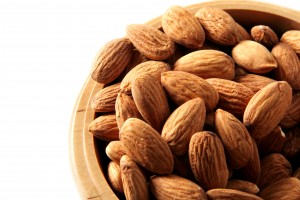Simvastatin Lowers Cholesterol, but Raises Infection Risk
Wednesday, April 14th, 2010If you have been using Simvastatin to lower yourhttp://www.parajumpersonline.de/ cholesterol, it’s time to exercise caution. The recent study published in the Journal of Leukocyte Biology indicates the harmful effects of the medicine on immune system. The drug first damages the ability of macrophages- the specialized immune cells that destroy pathogens, and then boosts the production of cytokines, which initiate and sustain swelling.
The scientists conducted experiment on human macrophages and murine macrophages obtained from the blood samples of healthy donors and mice. The scientists incubated these macrophages with a pathogen called Staphlococcus aureus, which is mostly NS0-170
found on the skin and in the upper airways. When the infection developed, the scientists examined the response of macrophages, which were treated with the drug called simvastatin. The scientists discovered that the drug destroyed the treated macrophages and also failed to eliminate the pathogenparajumpersonline.deand cell debris. The research also found that the cells treated with the drug simvastatin manufactured large amounts of cytokines, which are believed to initiate and sustain inflammation.
Statins are lifesaving drugs, NS0-201 and have been widely used for the treatment of cardiovascular diseases, but the research indicates the drug can be improved further.



